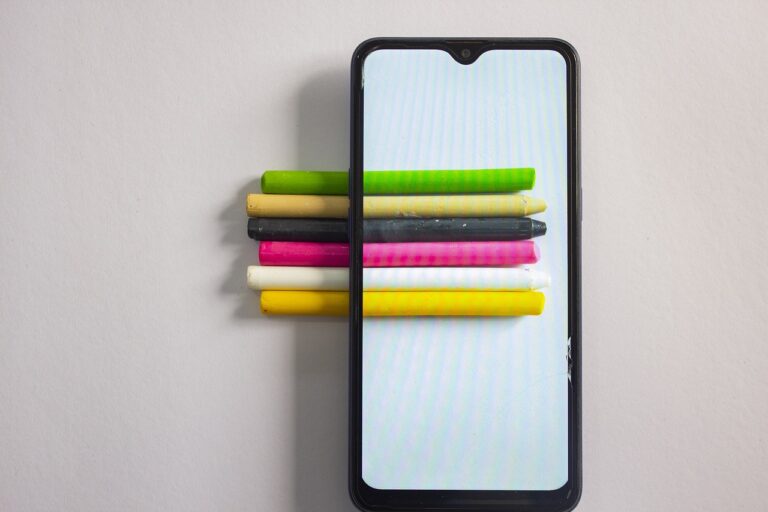Exploring Culturally Responsive Physical Therapy Education
Cultural competence in physical therapy education refers to the awareness, knowledge, and skills that physical therapy students and practitioners must acquire to effectively work with individuals from diverse cultural backgrounds. It involves understanding the cultural factors that influence a person’s health beliefs, behaviors, and preferences for healthcare. By being culturally competent, physical therapists are better able to provide patient-centered care that is respectful, responsive, and inclusive of the unique needs and values of each individual.
Incorporating cultural competence into physical therapy education involves learning about different cultural norms, beliefs, and practices that may impact a patient’s health outcomes and treatment preferences. This includes recognizing the importance of communication styles, family dynamics, religious beliefs, and socioeconomic factors in shaping a patient’s healthcare experience. By developing cultural competence, physical therapy students are better equipped to build trust, establish rapport, and effectively collaborate with patients from diverse cultural backgrounds to optimize their health and well-being.
Why is Cultural Competence Important in Physical Therapy Education?
Cultural competence is vital in physical therapy education as it ensures that therapists are equipped to provide quality care to a diverse range of patients. By understanding and respecting the cultural backgrounds of their clients, physical therapists can establish trust and rapport, ultimately improving treatment outcomes. It also allows therapists to tailor their approaches to meet the unique needs and preferences of each individual, enhancing the effectiveness of their interventions.
Moreover, cultural competence in physical therapy education promotes equity and inclusivity within the healthcare system. It helps to address disparities in access to healthcare services among different cultural groups by fostering sensitivity and awareness among future physical therapists. By promoting a more inclusive and culturally sensitive approach to care, physical therapy education can contribute to reducing health inequities and ensuring that all individuals receive the care they deserve.
• Cultural competence in physical therapy education helps therapists establish trust and rapport with patients
• It allows therapists to tailor their approaches to meet the unique needs of each individual
• Promotes equity and inclusivity within the healthcare system
• Addresses disparities in access to healthcare services among different cultural groups
• Reduces health inequities and ensures all individuals receive quality care
Challenges in Implementing Cultural Competence in Physical Therapy Education
Incorporating cultural competence into physical therapy education presents various obstacles for educators and students alike. One challenge is the lack of standardized teaching methods and resources specifically designed to address diverse cultural backgrounds and beliefs among patients. This can lead to inconsistencies in how cultural competence is taught and understood across different educational institutions.
Another hurdle is the time constraints within the curriculum, as educators may find it challenging to allocate sufficient time to properly delve into the complex topic of cultural competence. This can result in superficial coverage of the subject, preventing students from gaining a deep understanding of how culture influences healthcare practices and patient interactions. Additionally, limited faculty training in cultural competence can hinder the effective integration of these concepts into the physical therapy education curriculum.
What is Cultural Competence in Physical Therapy Education?
Cultural competence in physical therapy education refers to the ability of physical therapy practitioners to understand and effectively interact with individuals from diverse cultural backgrounds.
Why is Cultural Competence Important in Physical Therapy Education?
Cultural competence is important in physical therapy education because it allows physical therapists to provide more effective and patient-centered care to individuals from different cultural backgrounds. It also helps to reduce health disparities and improve health outcomes.
What are some challenges in implementing cultural competence in physical therapy education?
Some challenges in implementing cultural competence in physical therapy education include limited resources for cultural competency training, lack of diversity in faculty and staff, resistance to change, and difficulty in integrating cultural competence into the curriculum.






